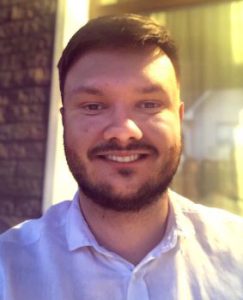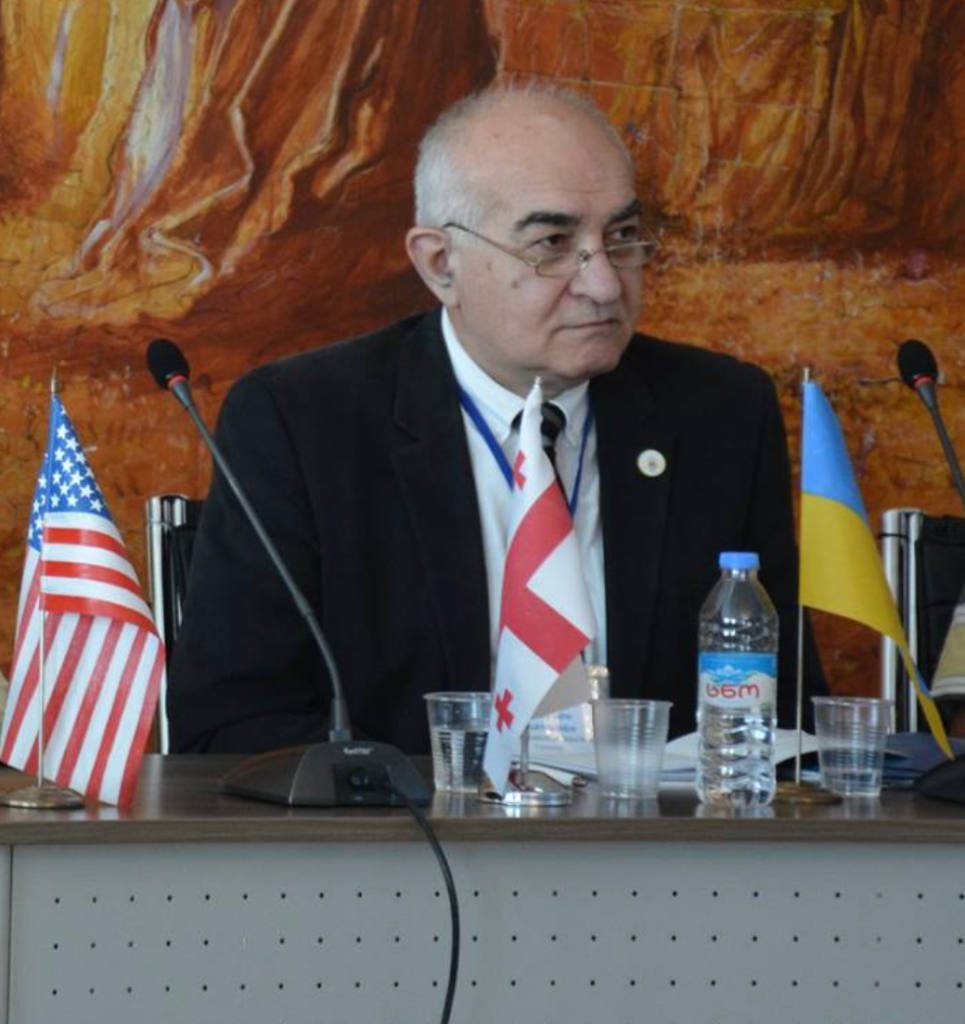Language in Conflict and War – Ukraine, Caucasus, Russia
November 6 (online zoom panels) and November 7 (campus & webinar)
Registration required for zoom and webinar links. [check for program updates]
NOVEMBER 6
10.00 Opening of the Symposium
10.15-11.45 Language in conflict and war – focus: Ukraine Abstracts
— Dr. Liudmyla Pidkuimukha (Justus Liebig University Giessen) Weaponizing Language: How Russia Commits Linguicide on the Occupied Territories of Ukraine
—Svetlana L’nyavsky (Lund University): I am a Russian Ukrainian, but I will not learn Ukrainian just for you! Language ideological debates, linguistic vigilantism, and Internally Displaced People at the time of war
— Solomija Buk, Ivan Franko National University of Lviv, Department of General Linguistics: Ukrainian for Foreigners in Russian-Ukrainian War: Changes and Challenges
13.00-14.40 Central Asia’s Complex Tapestry: Language, Education, Colonial Legacies, and Decolonial Perspectives Abstracts
— Juldyz Smagulova and Kara Fleming (College of Humanities and Education, at KIMEP University, Almaty, Kazakhstan): Shame and struggles for power: New speakers of Kazakh in Kazakhstan—
— Edward Lemon (Bush School of Government and Public Service, Texas A&M University) and Oleg Antonov (visiting researcher at GPS and RUCARR, Malmö University; visiting researcher at Södertörn University): Academic Diplomacy: The Educational Aspects of Russian Soft Power in Tajikistan
— Victoria Clement Central Asian Insights): Avoiding a Reckoning: Memory Days and History in Turkmenistan
— PhD candidate Dina Kucherbayeva and Prof. Juldyz Smagulova: Language Revitalization: Challenges for Kazakh in Higher Education
14.50-16.30. Language in conflict and war – focus: North Caucasus and Turkey Abstracts
— Emre Pshigusa (U.S. State Department, English Language Fellow): The Circassian language and identity created a feeling of illegality in us” Language Ideologies, Policies, and Circassian Language Rights in Turkey
— Lars Funch Hansen (Circassian Studies) The marginalisation of Circassian language through local history teaching, with cases from Krasnodar Krai including the Black Sea coast
— Valeriya Minakova (Penn State): “It all starts in the family”: Placing discourses on the role of families in Circassian language preservation into a historical-political context
Merab Chukhua (Tbilisi State University and the Circassian Culture Center, Tbilisi): One case of reflecting a historical fact in language
16.40-17.40. Historical perspectives Abstracts
— Otari Gulbani (Central European University MA): Russian Imperial Orientalism in Svaneti: A Discursive Analysis
— Sam Tarpley (Tulane University, Grad stud): Contemporary Deconstruction: Post-Soviet Monuments and the American South
NOVEMBER 7 (campus and webinar) Abstracts
10.15 Welcome (Niagara, 5th floor, C section (Nordenskiöldsgatan 1)
10.30-11.45. Morning session
Giorgi Alibegashvili (State Language Department of Georgia) & Maka Tetradze. (State Language Department of Georgia & Tbilisi State University):: Street Georgian – as a Reflection of functioning of the State language in Georgia
Tinatin Bolkvadze (Tbilisi State University & State Language Department): How to assess the functioning of the Russian language in Georgia (online)
13.00-14.15 Afternoon session 1
Nadiya Kiss (JLU Giessen): Languages at war: Language shift, contested language diversity and ambivalent enmity in Ukraine
Andrey Makarychev (University of Tartu): “Estonian Russophones: A Biopolitical Story”
14.30-15.45. Afternoon session 2
Mariam Manjgaladze (Caucasus University): Issues of the Official Language Ecology in Contemporary Georgia
Lidia Zhigunova (Tulane University, USA): Russia’s War on Indigenous Languages: The Case of Circassian in the North Caucasus
15.50-16.20. Concluding Roundtable
Moderator: Professor Barbara Thörnquist-Plewa, Central and Eastern European Studies, Centre for Languages and Literature, Lund University



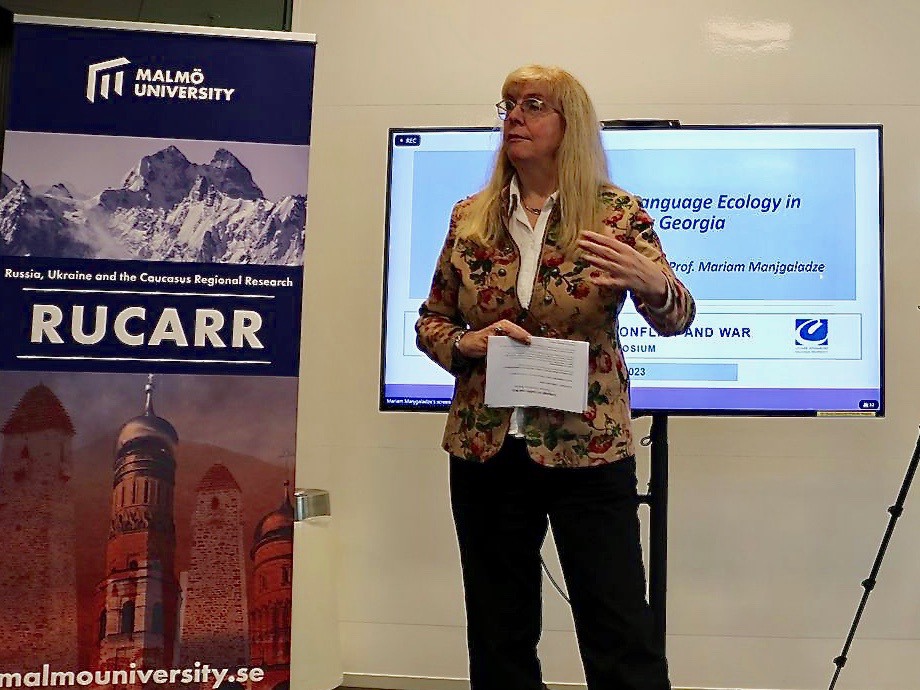
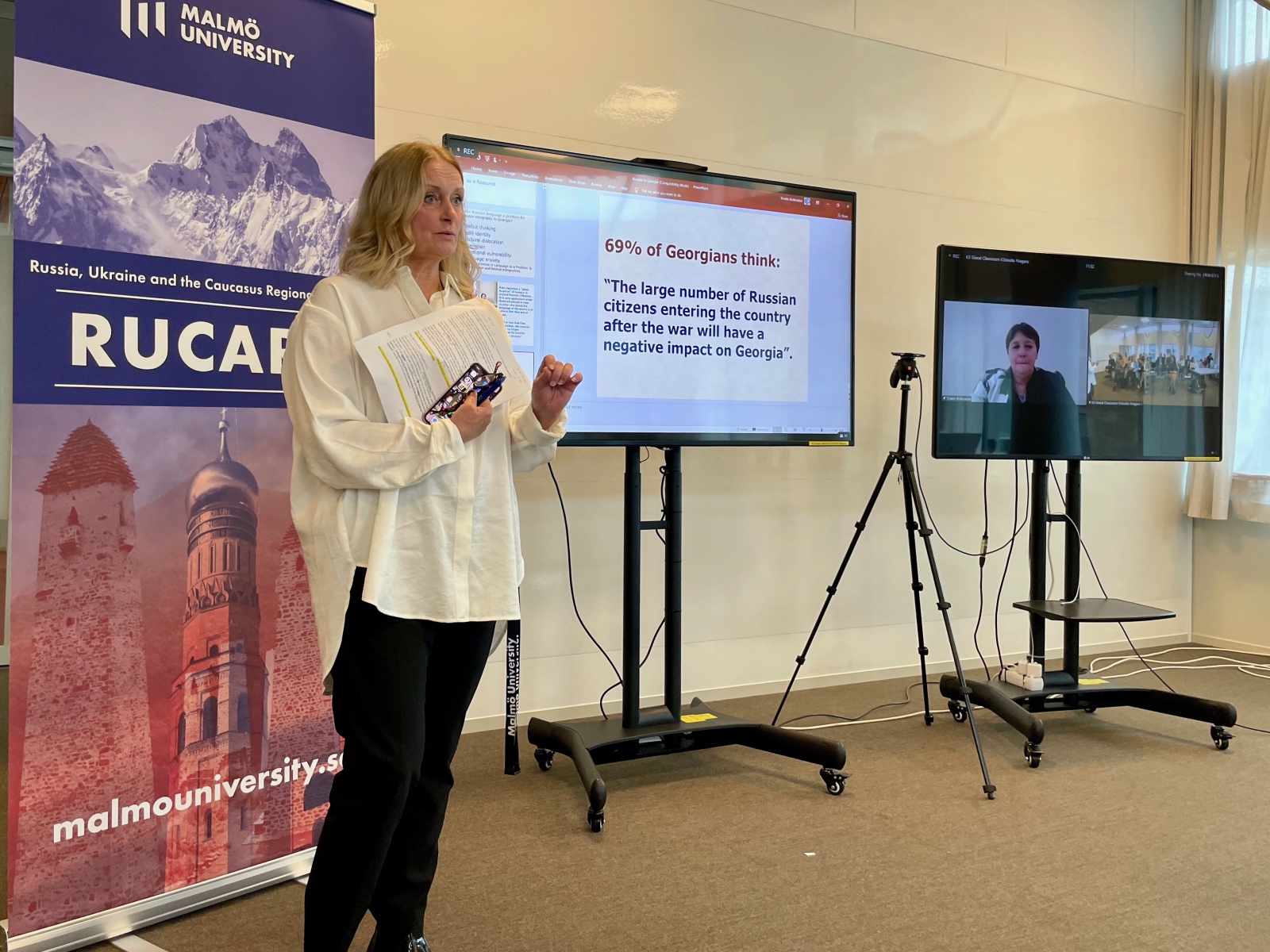

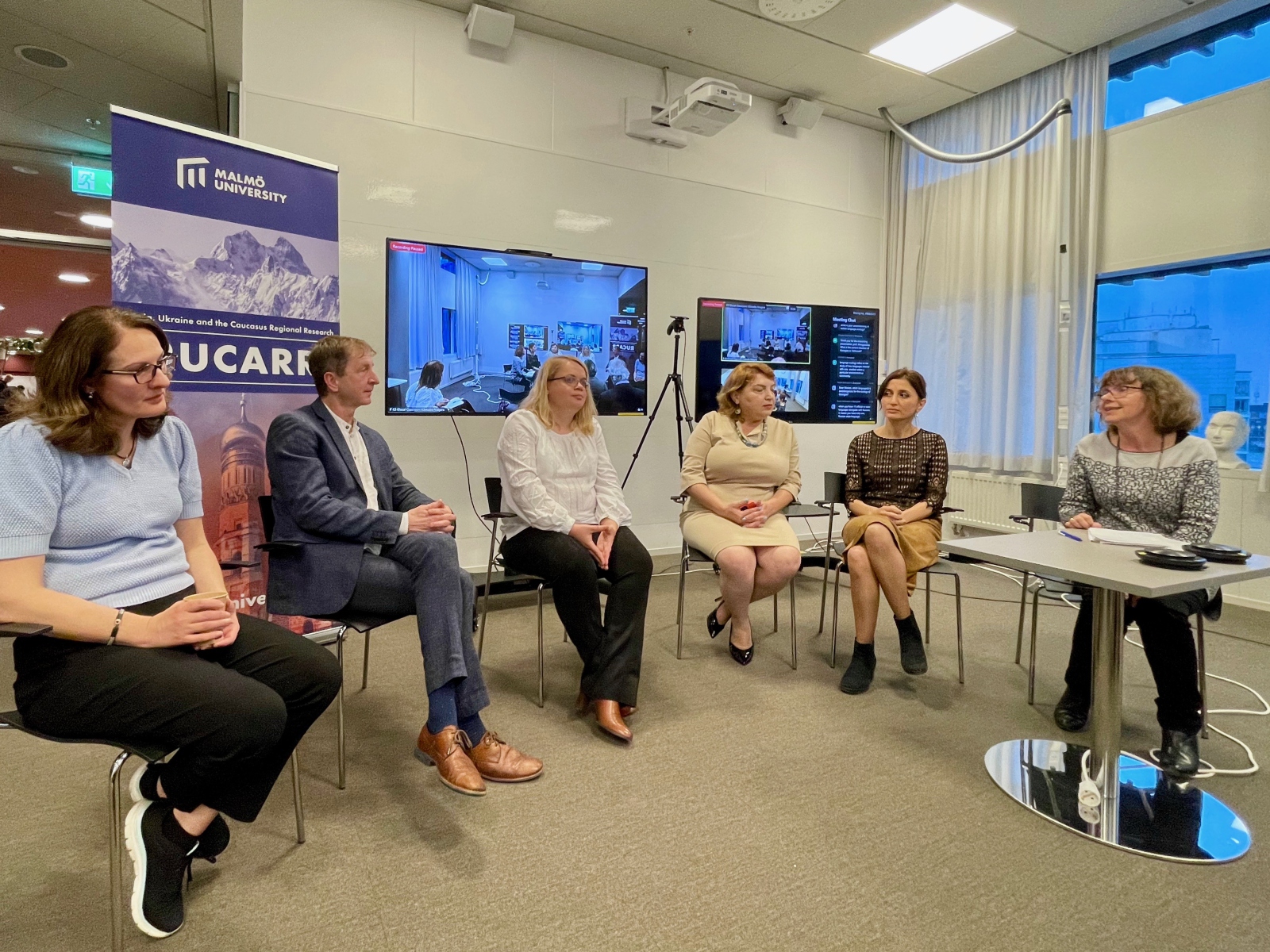
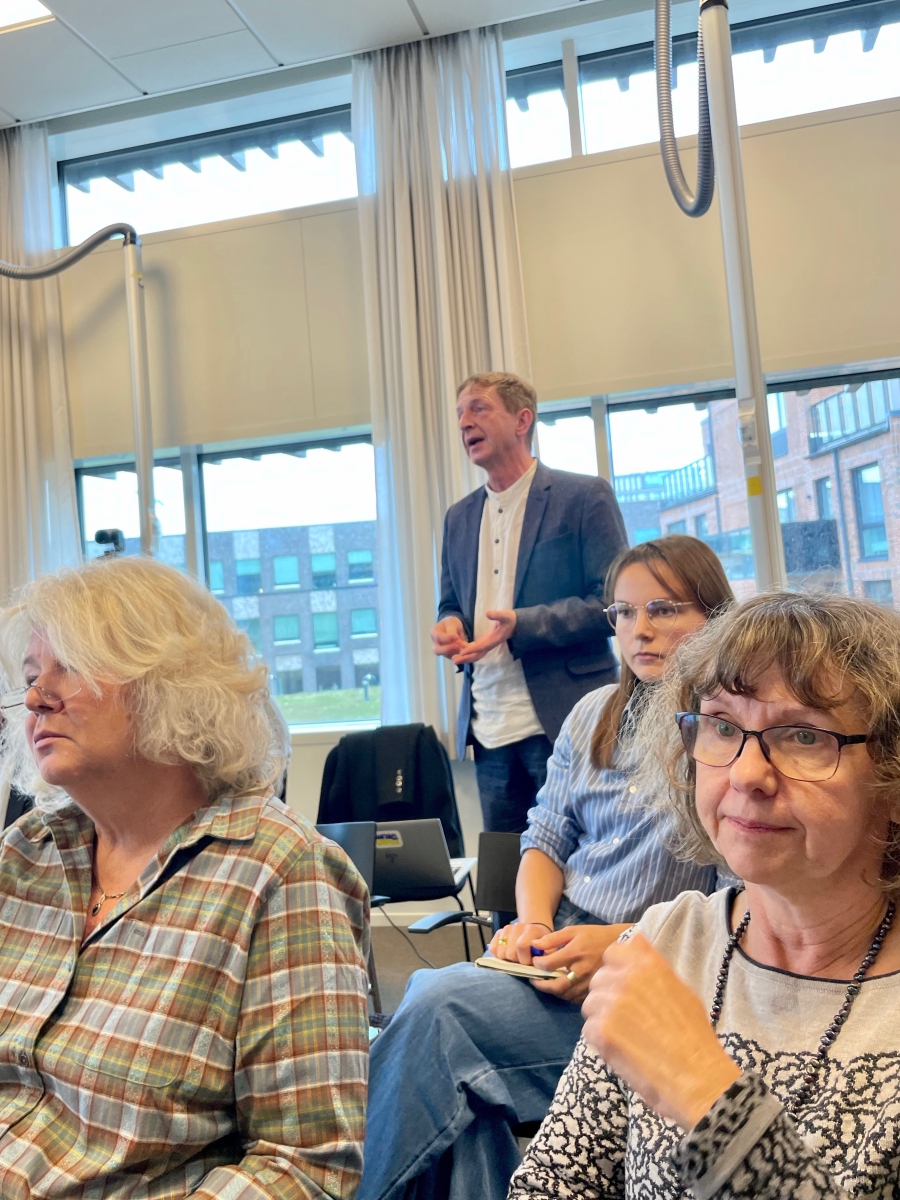
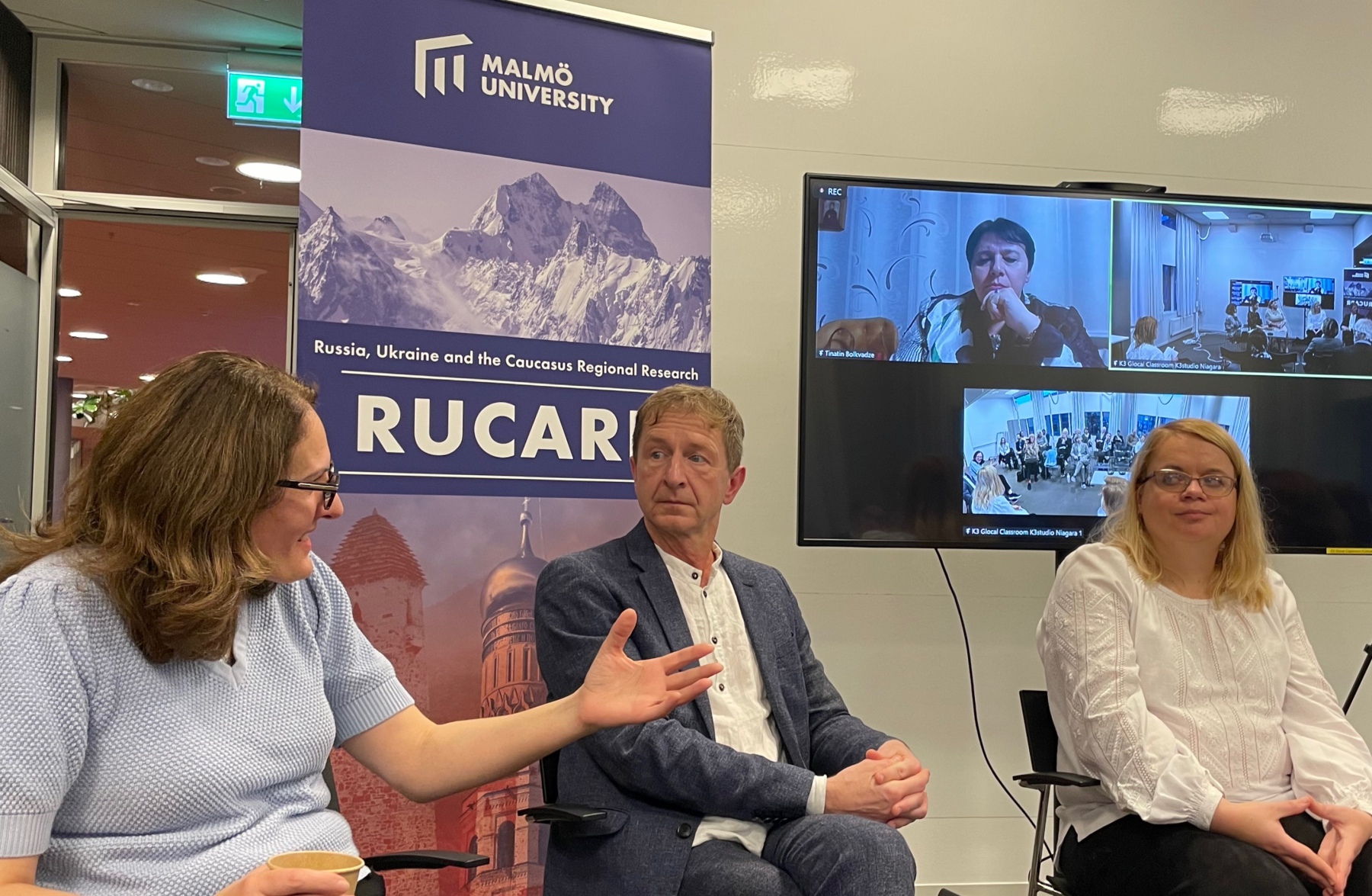

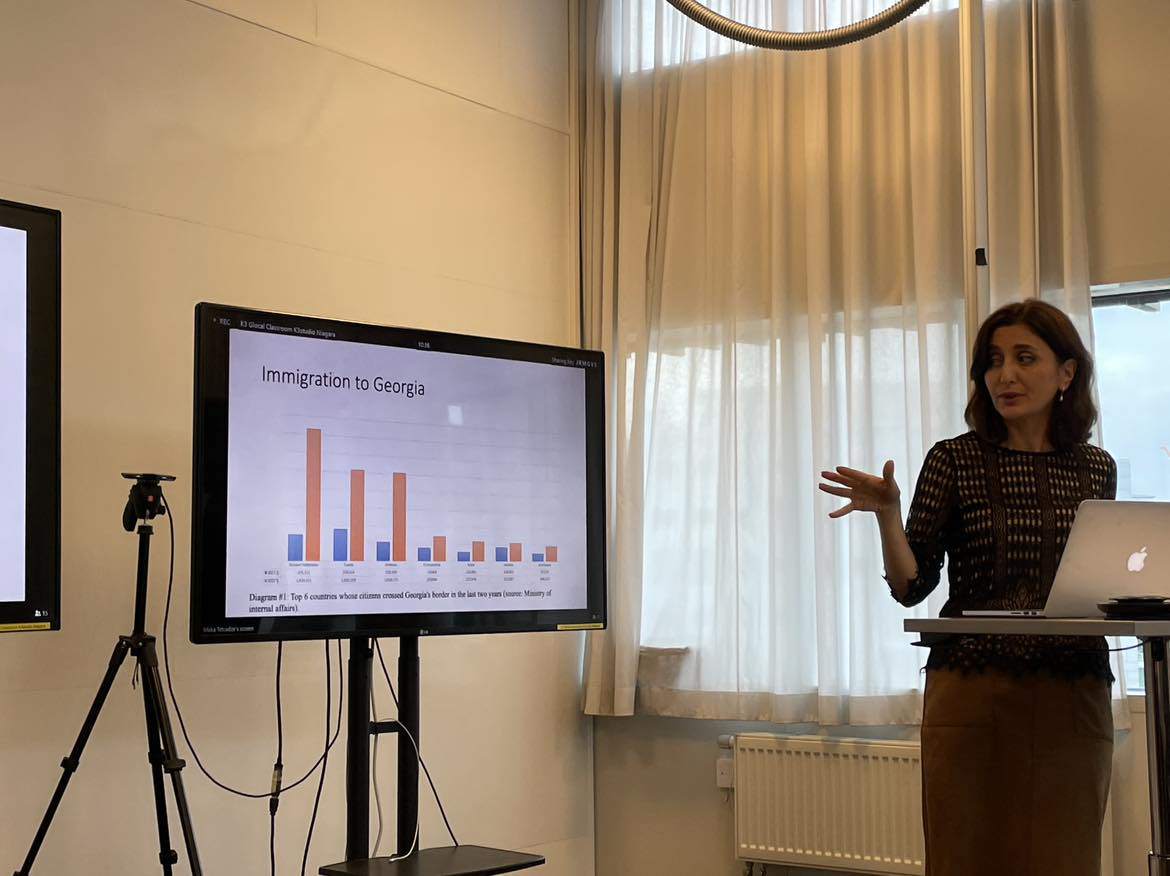

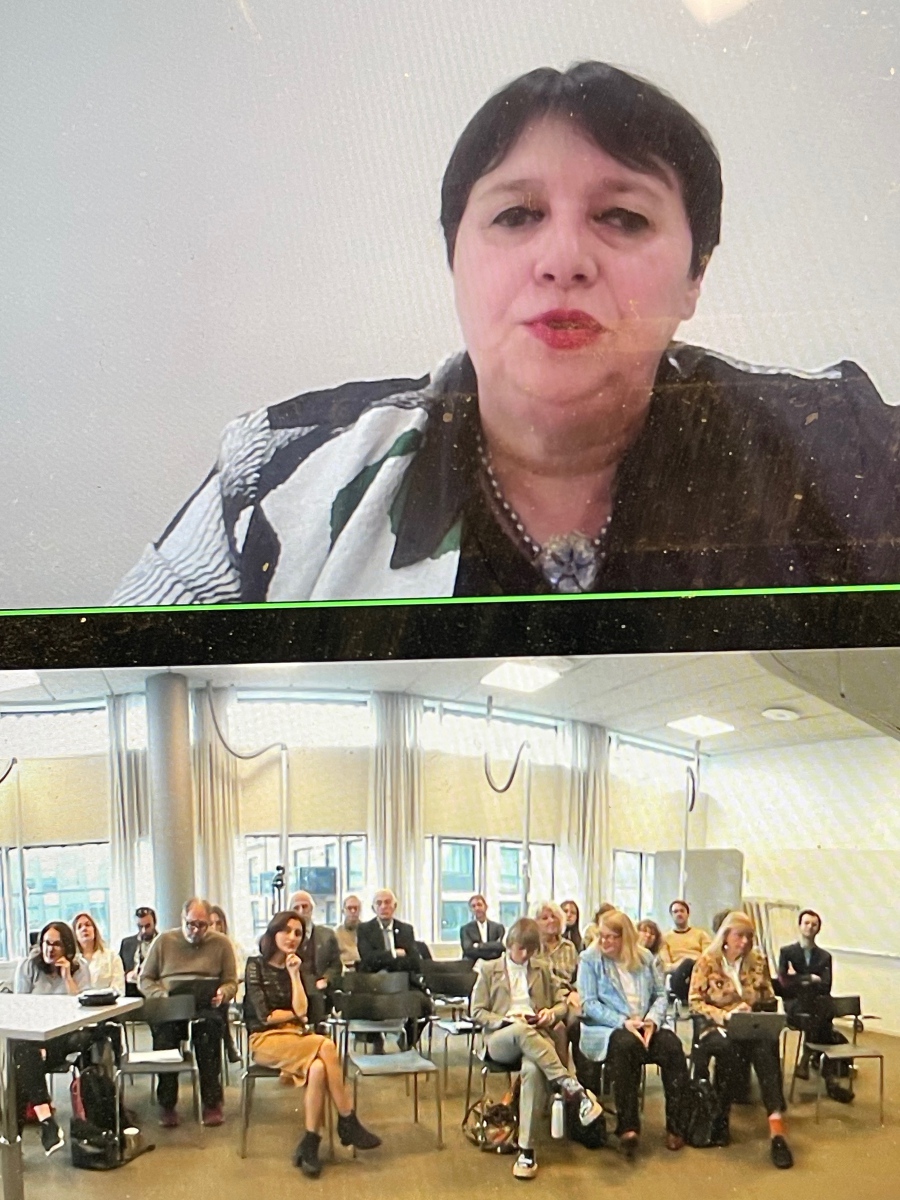
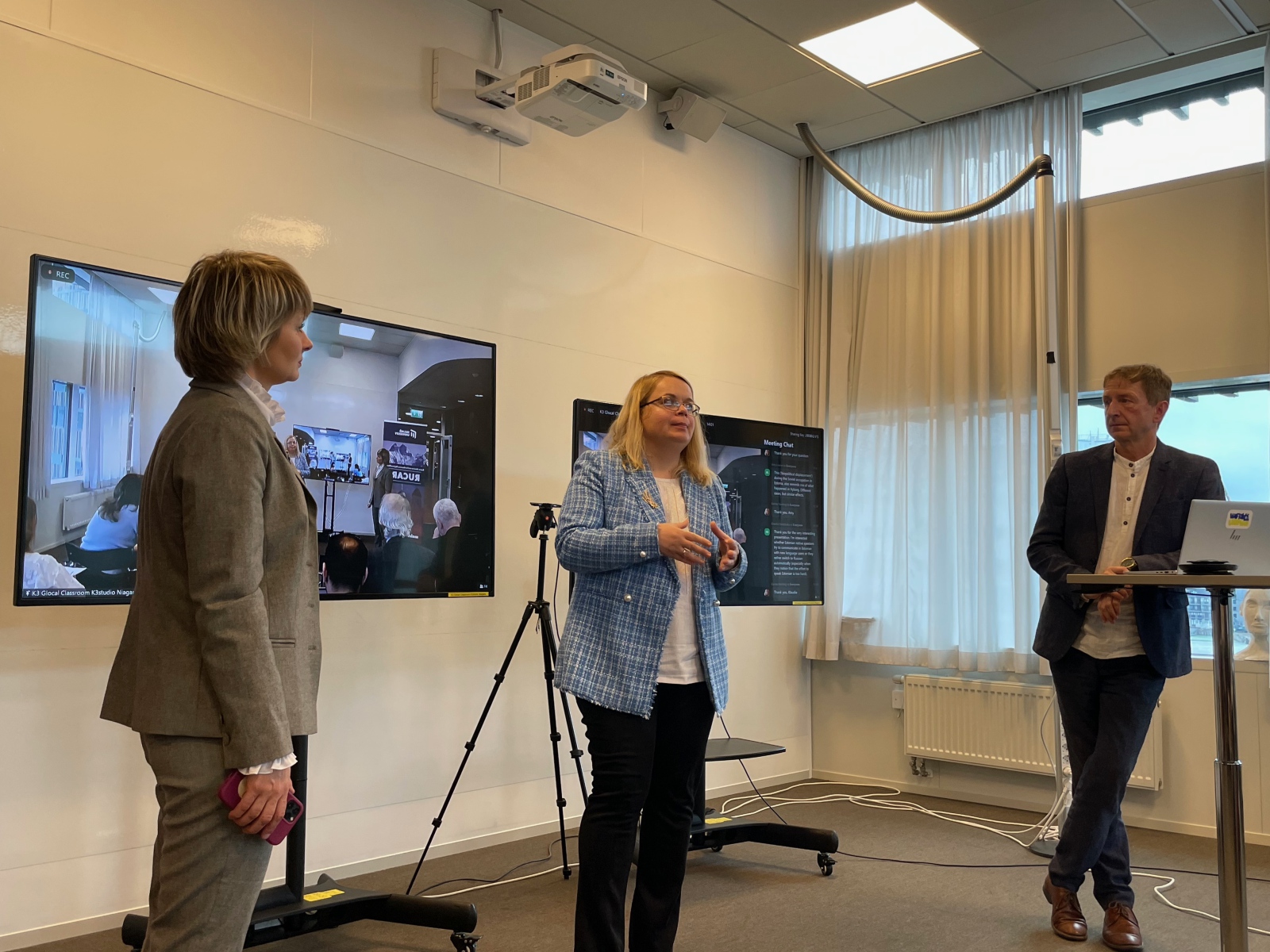
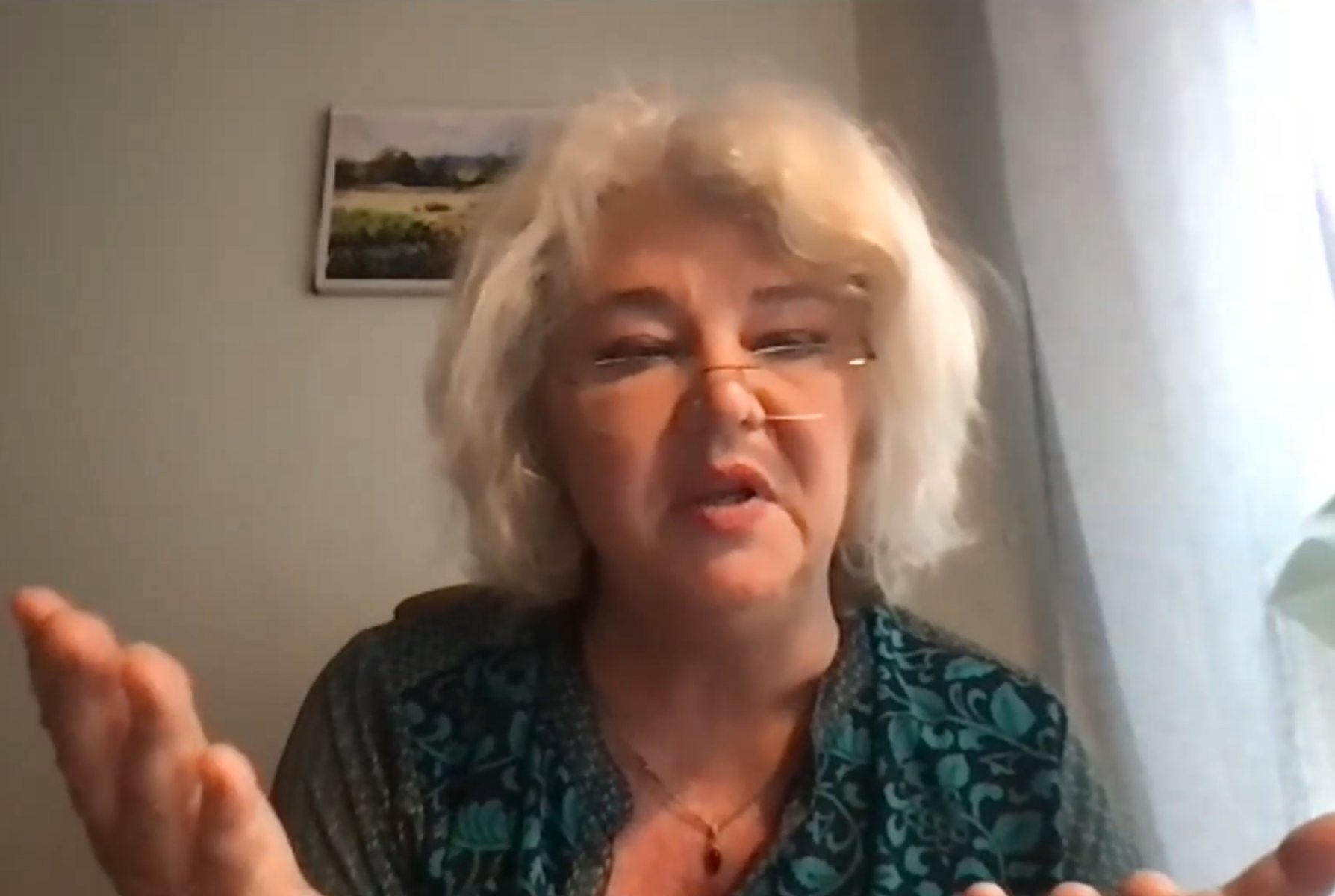
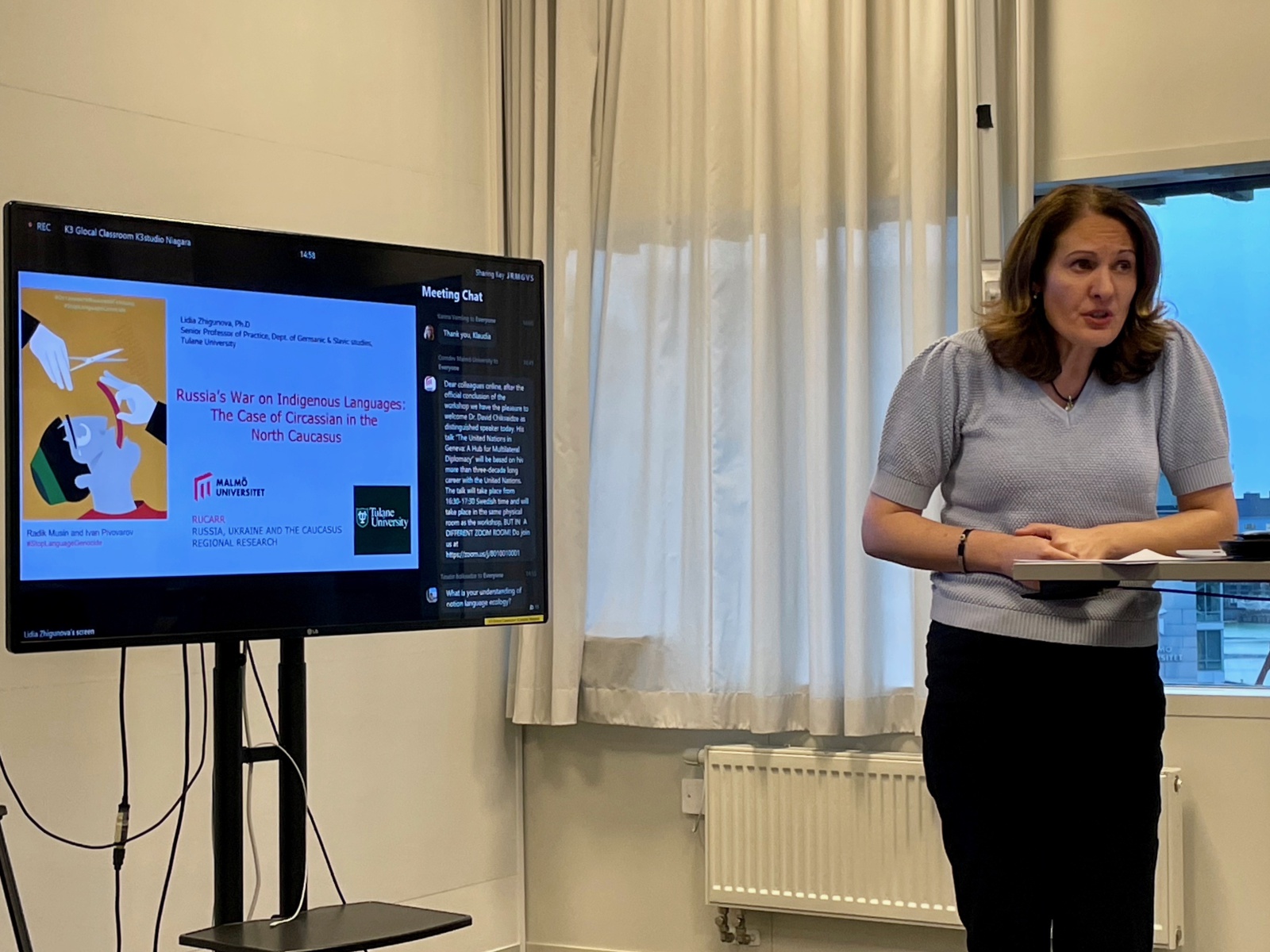

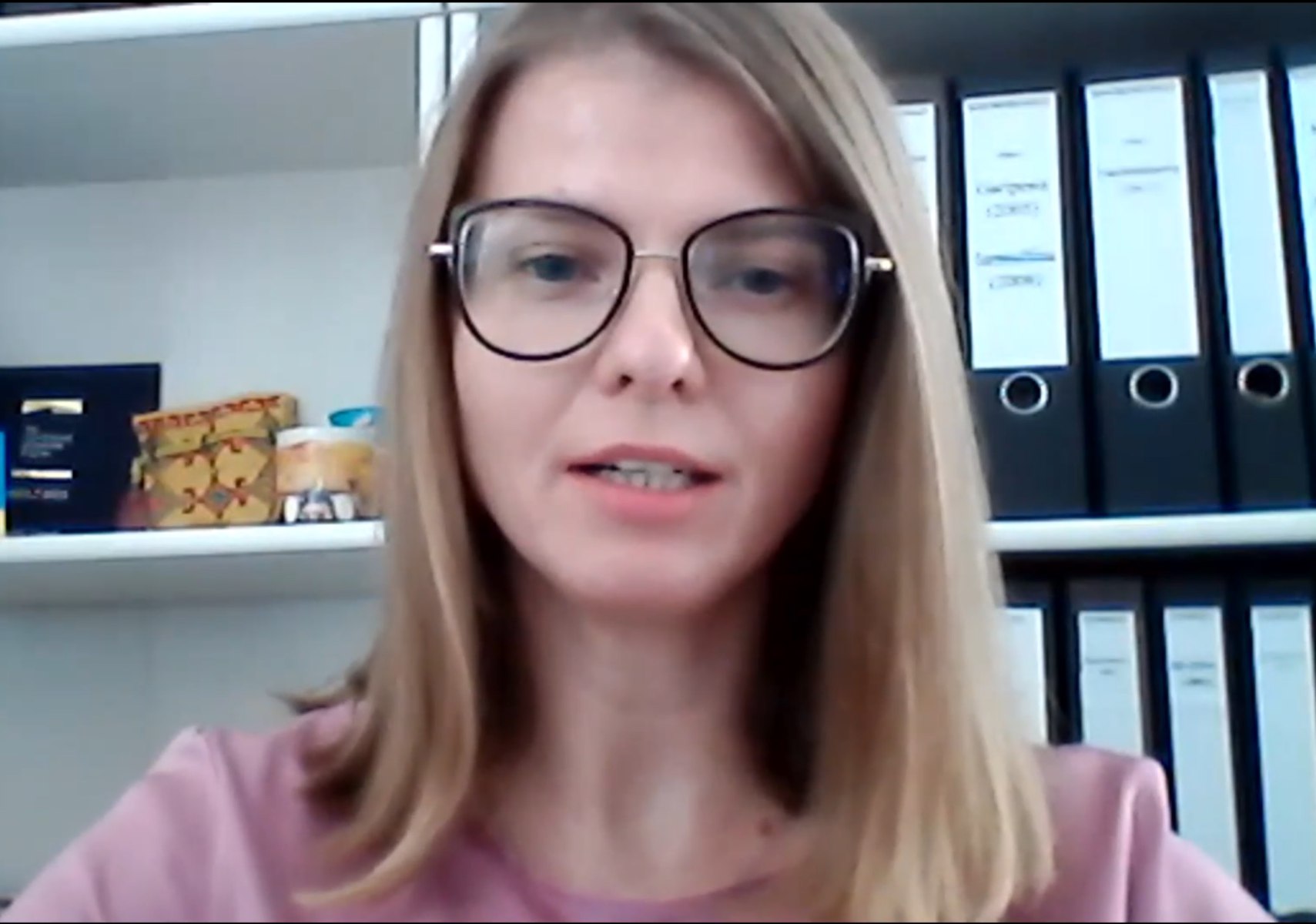

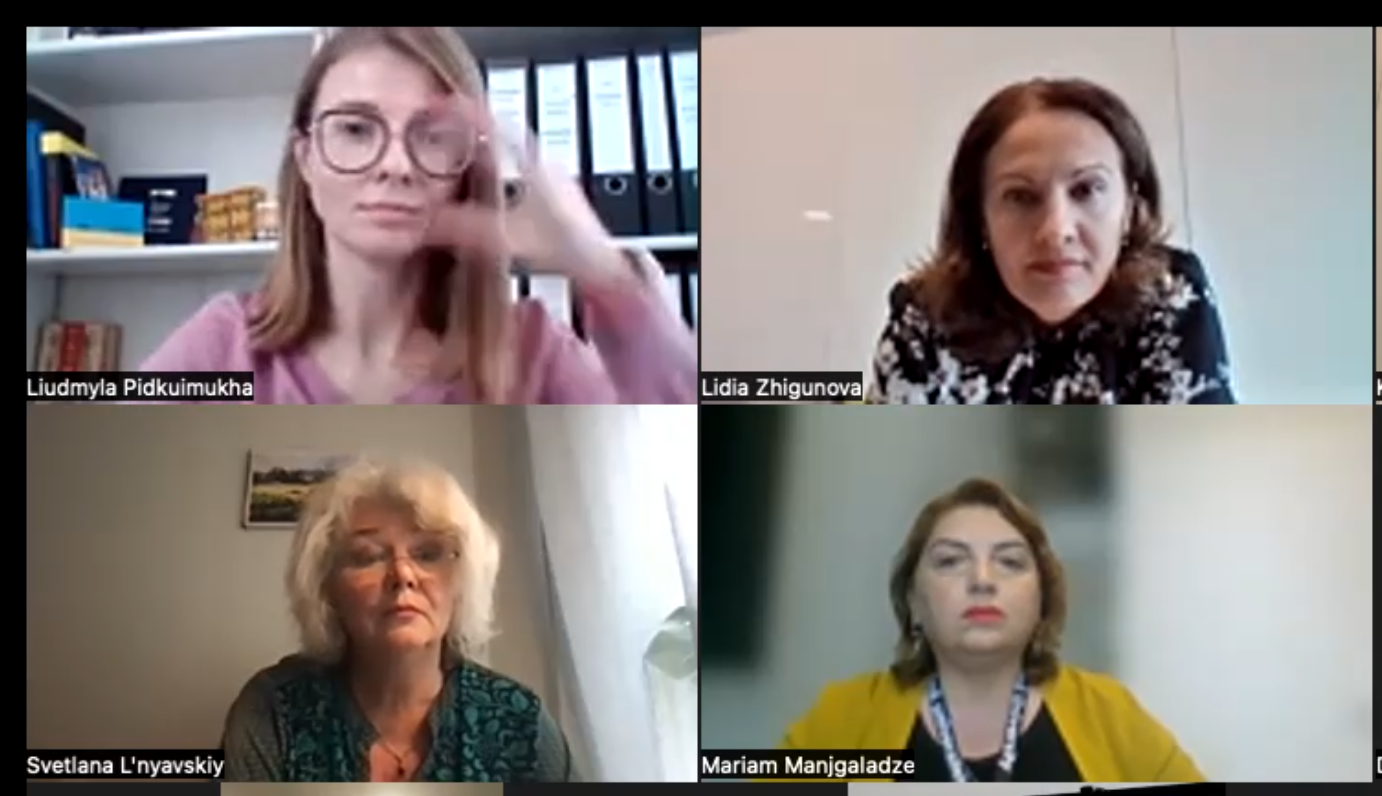
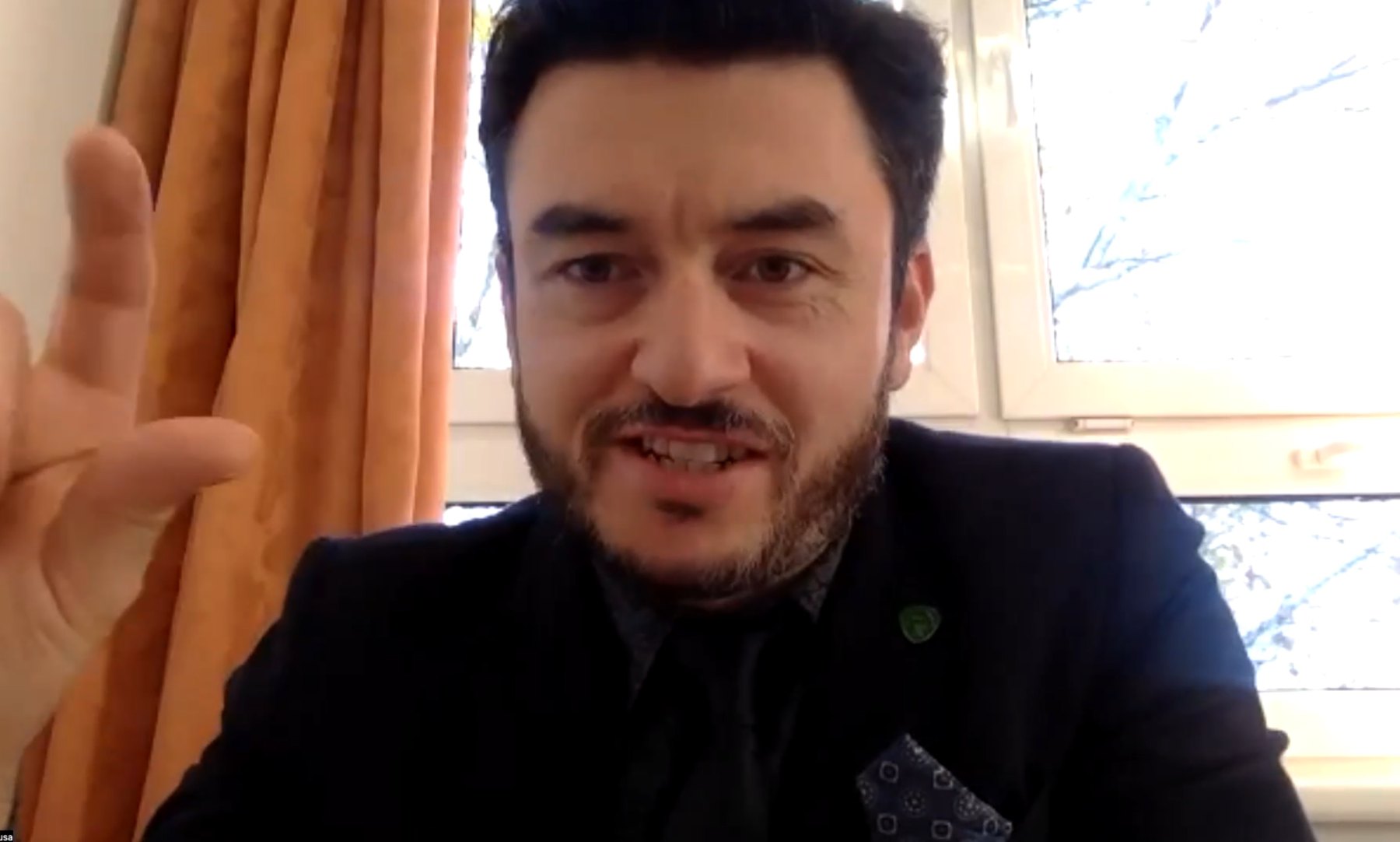
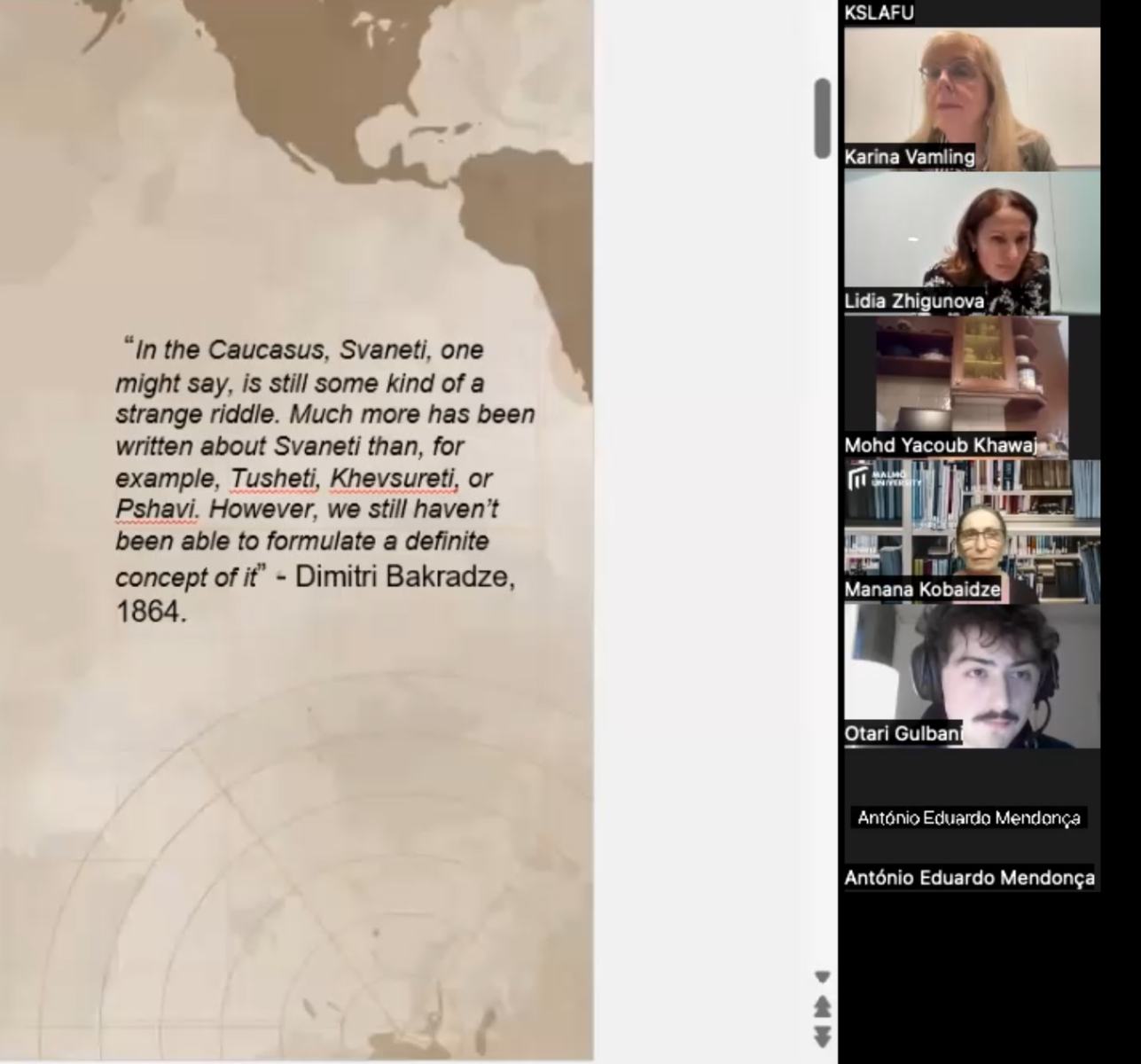
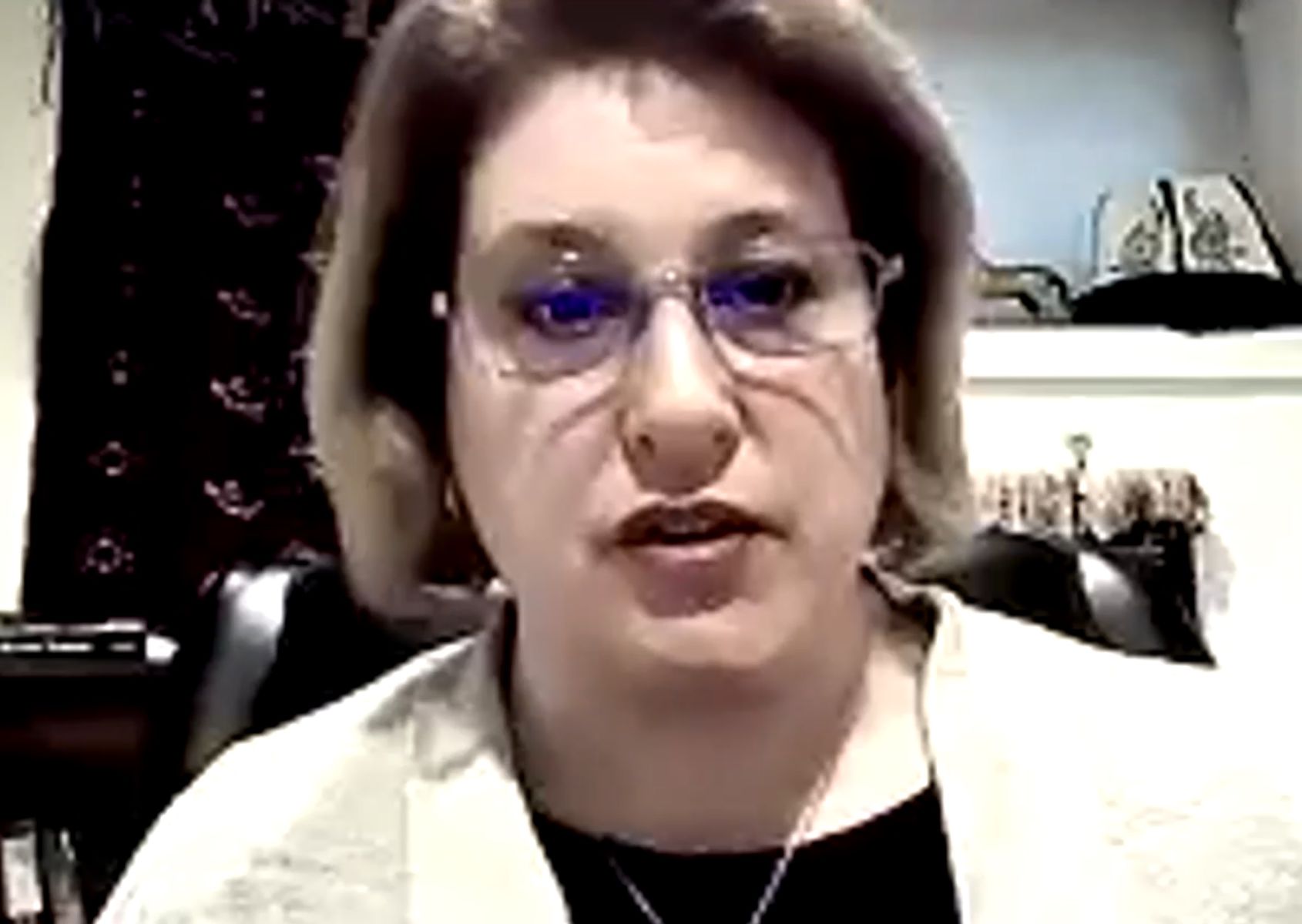
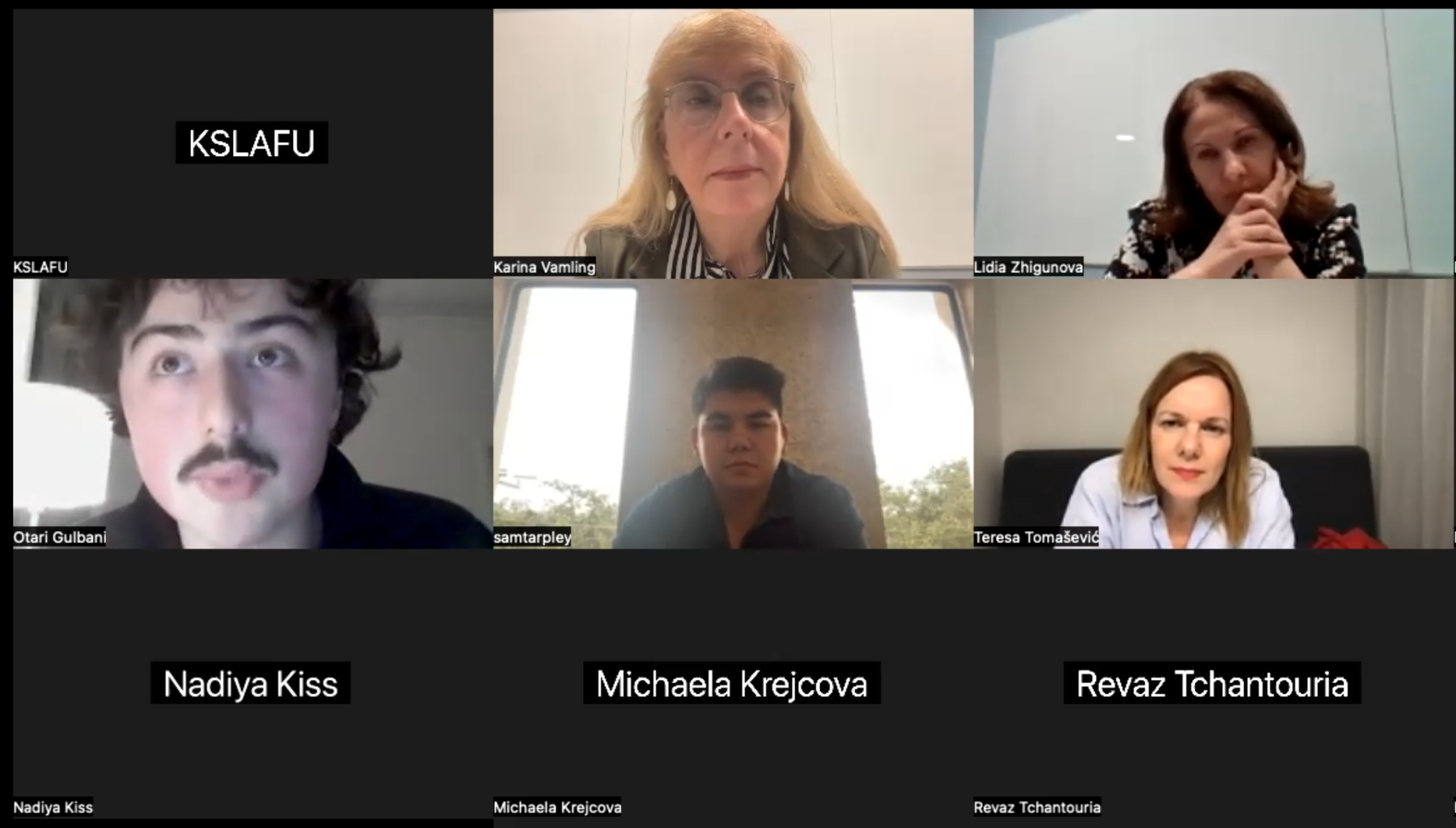
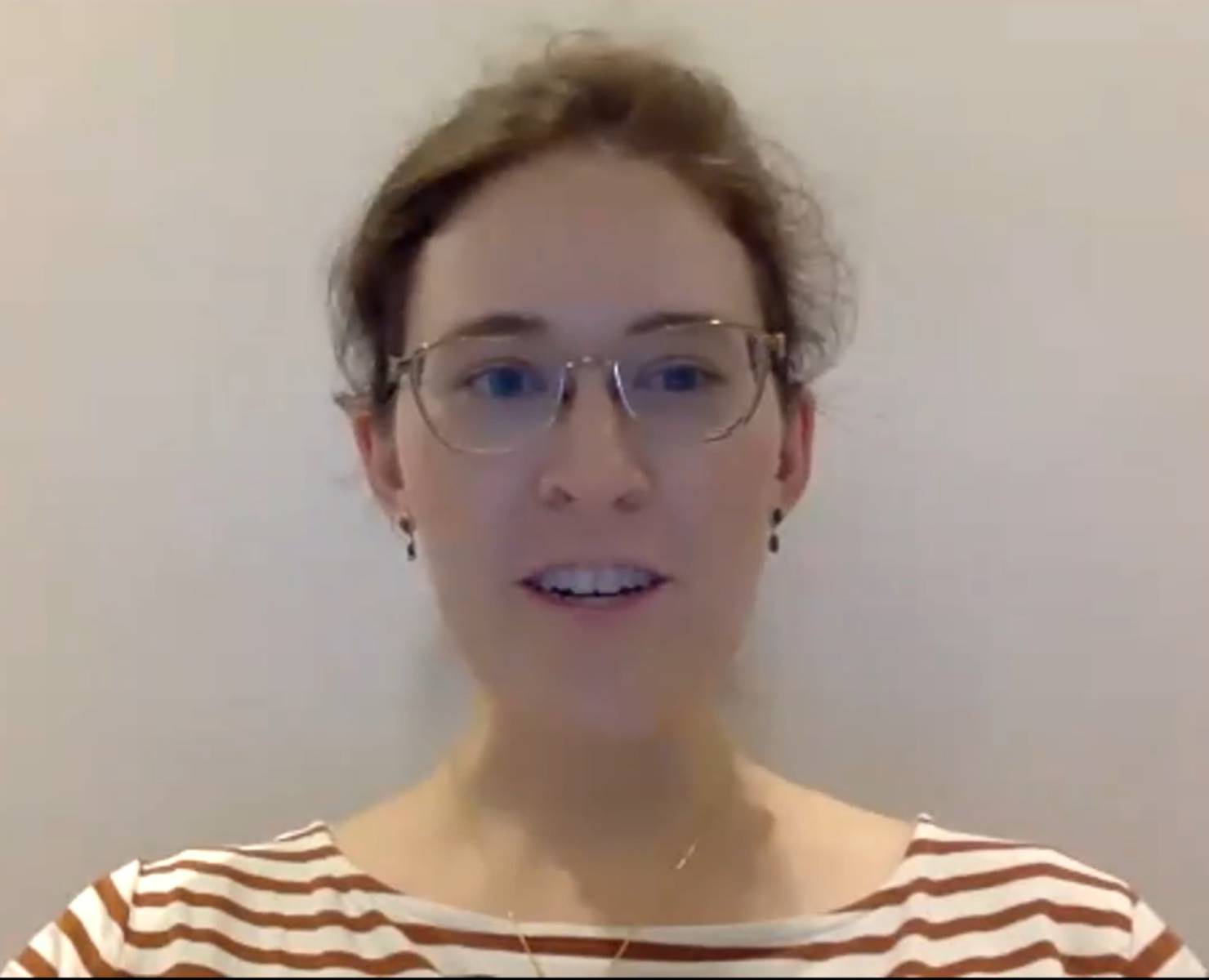
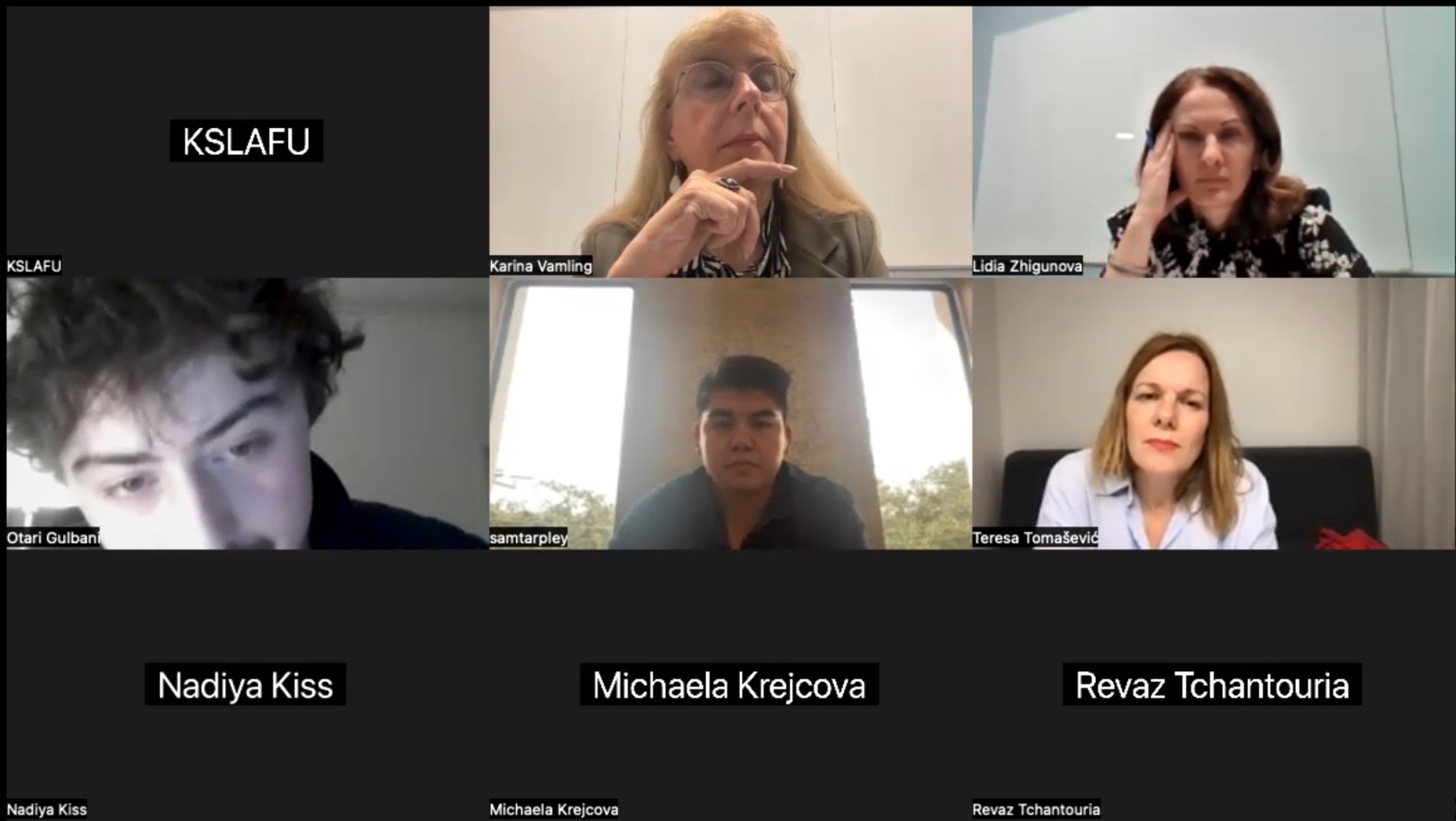

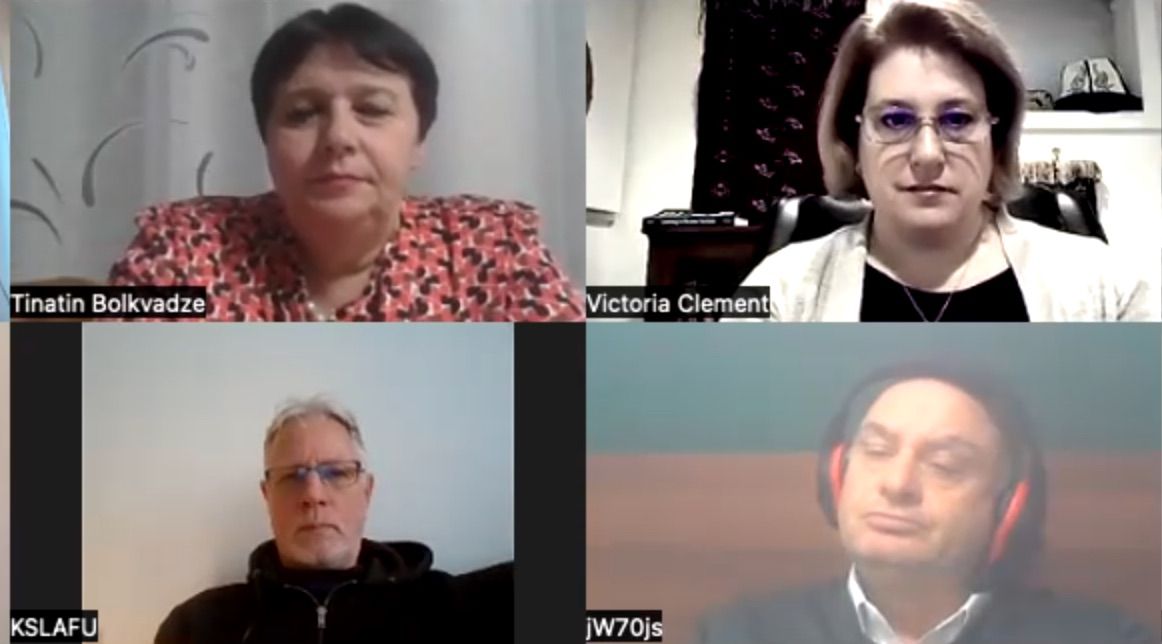
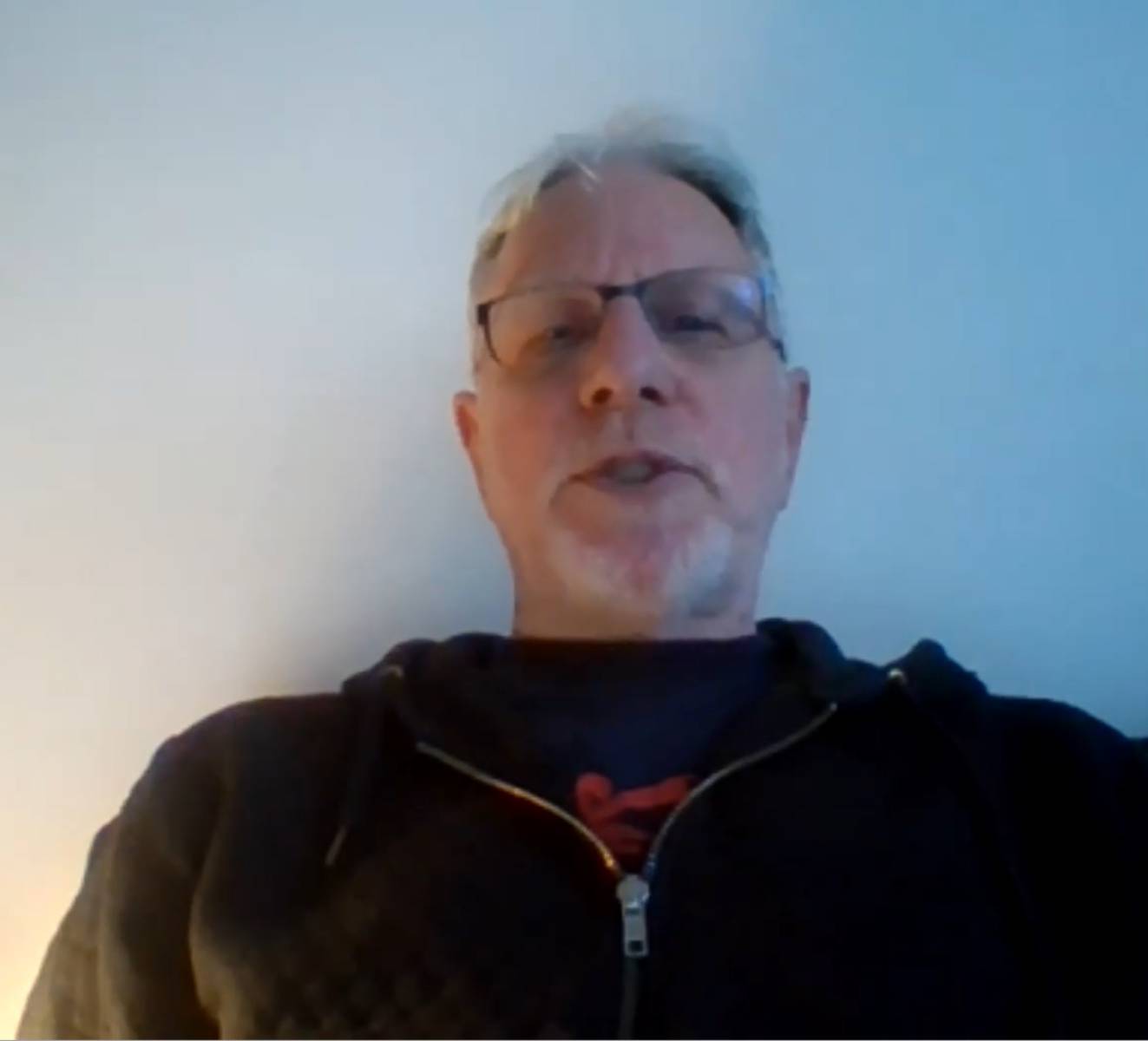
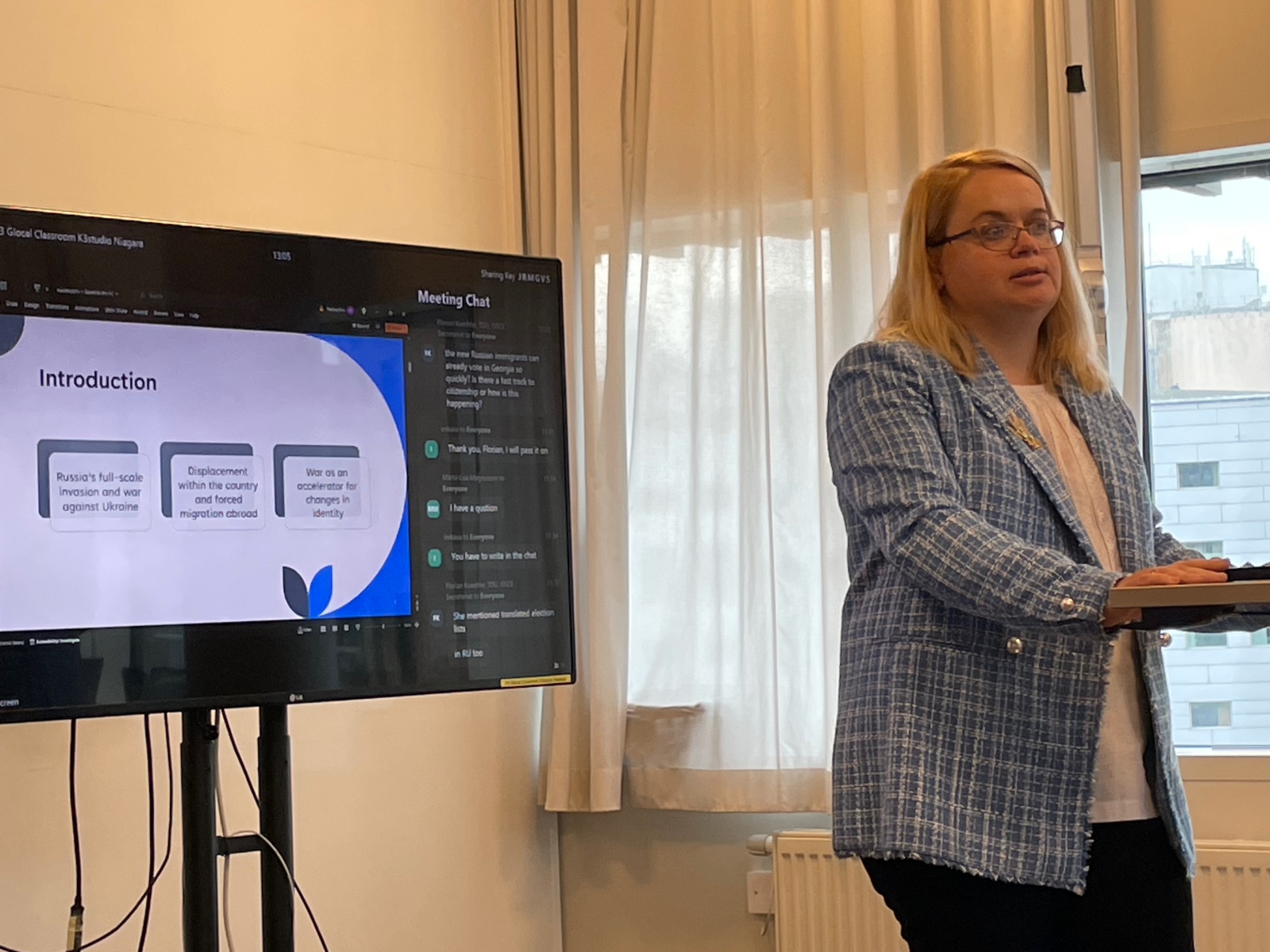
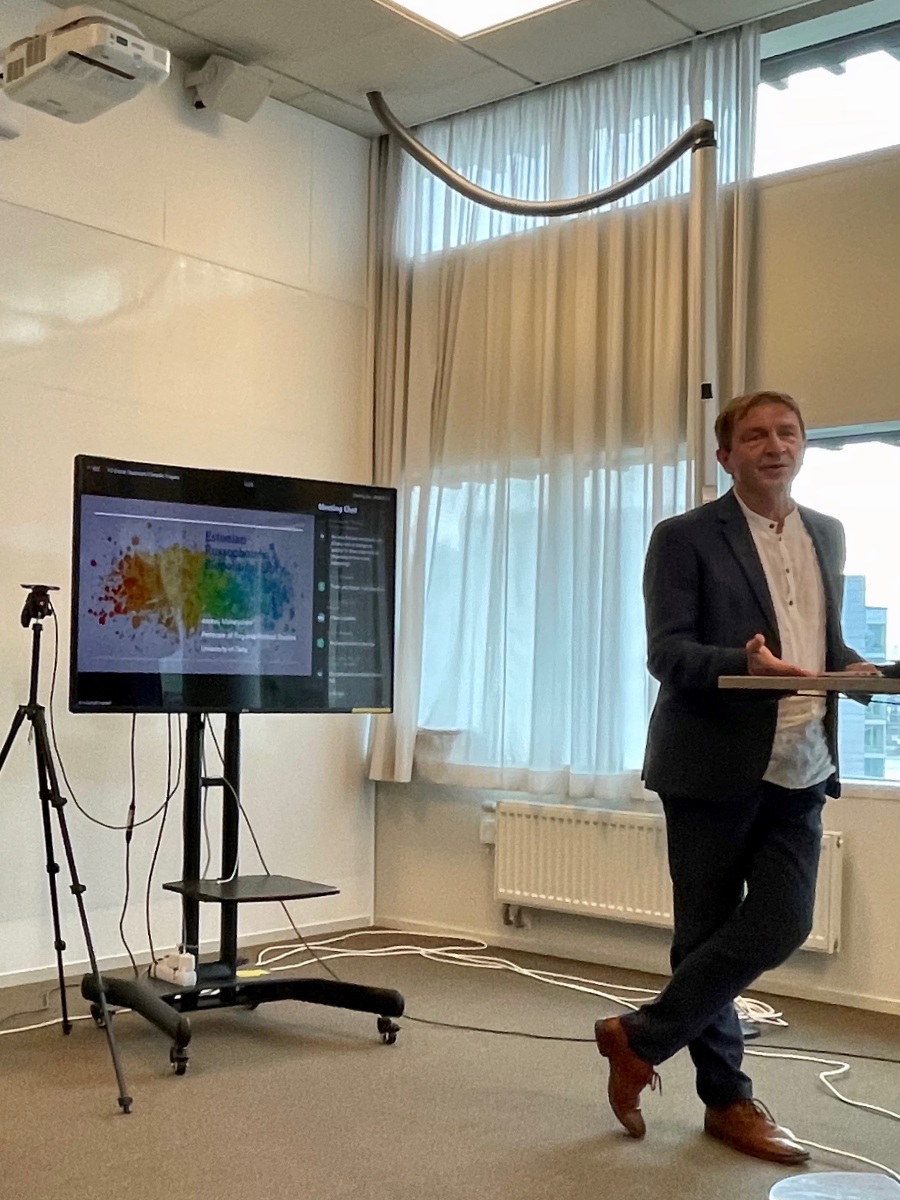

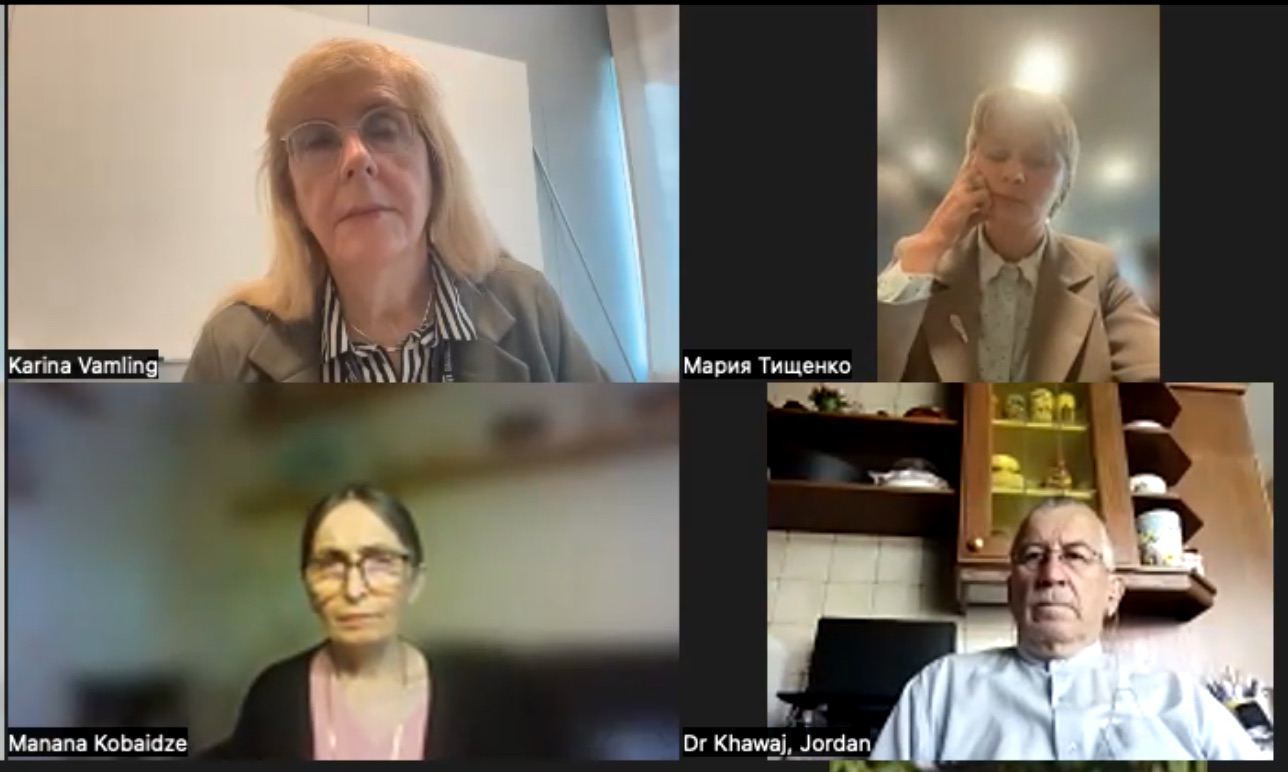

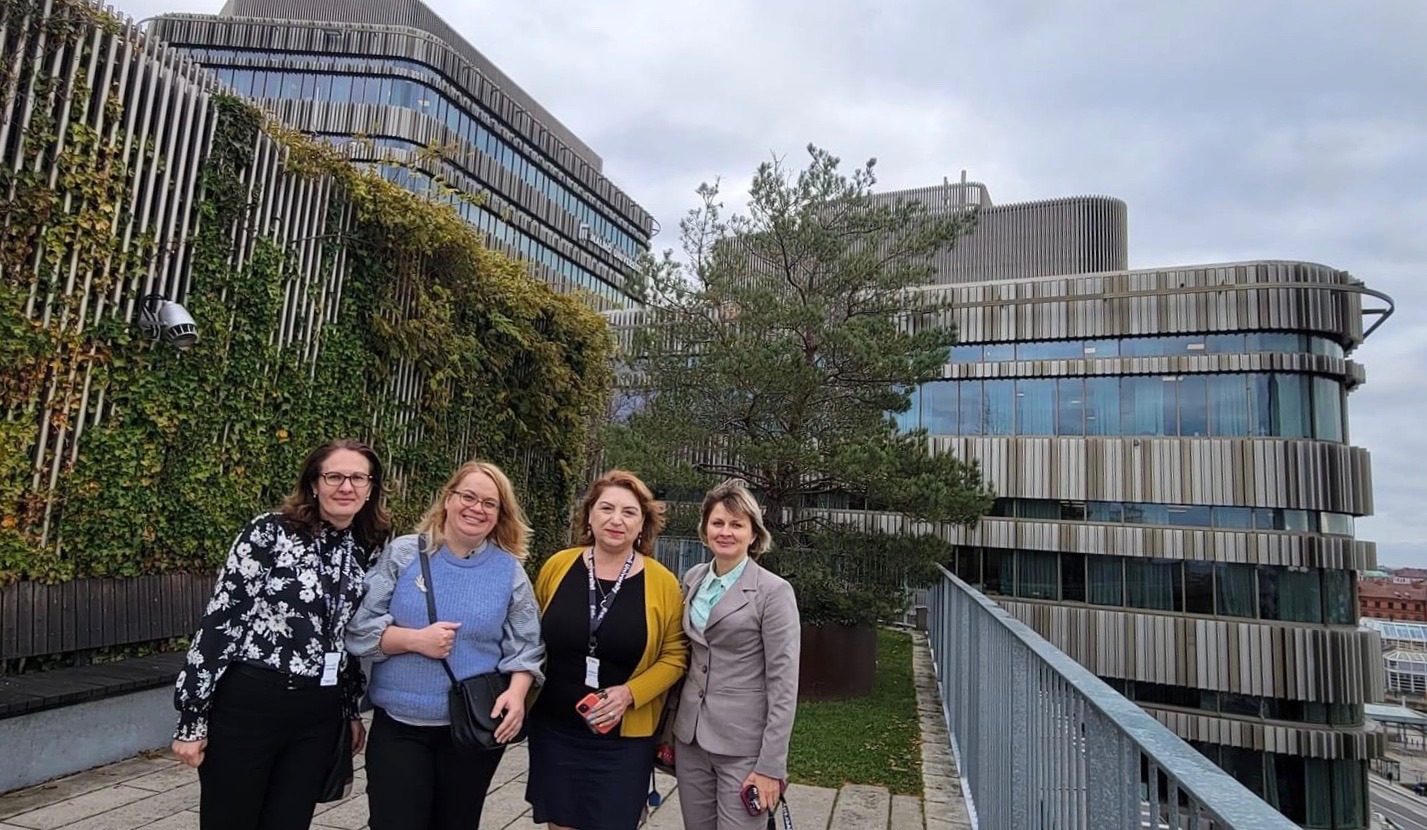
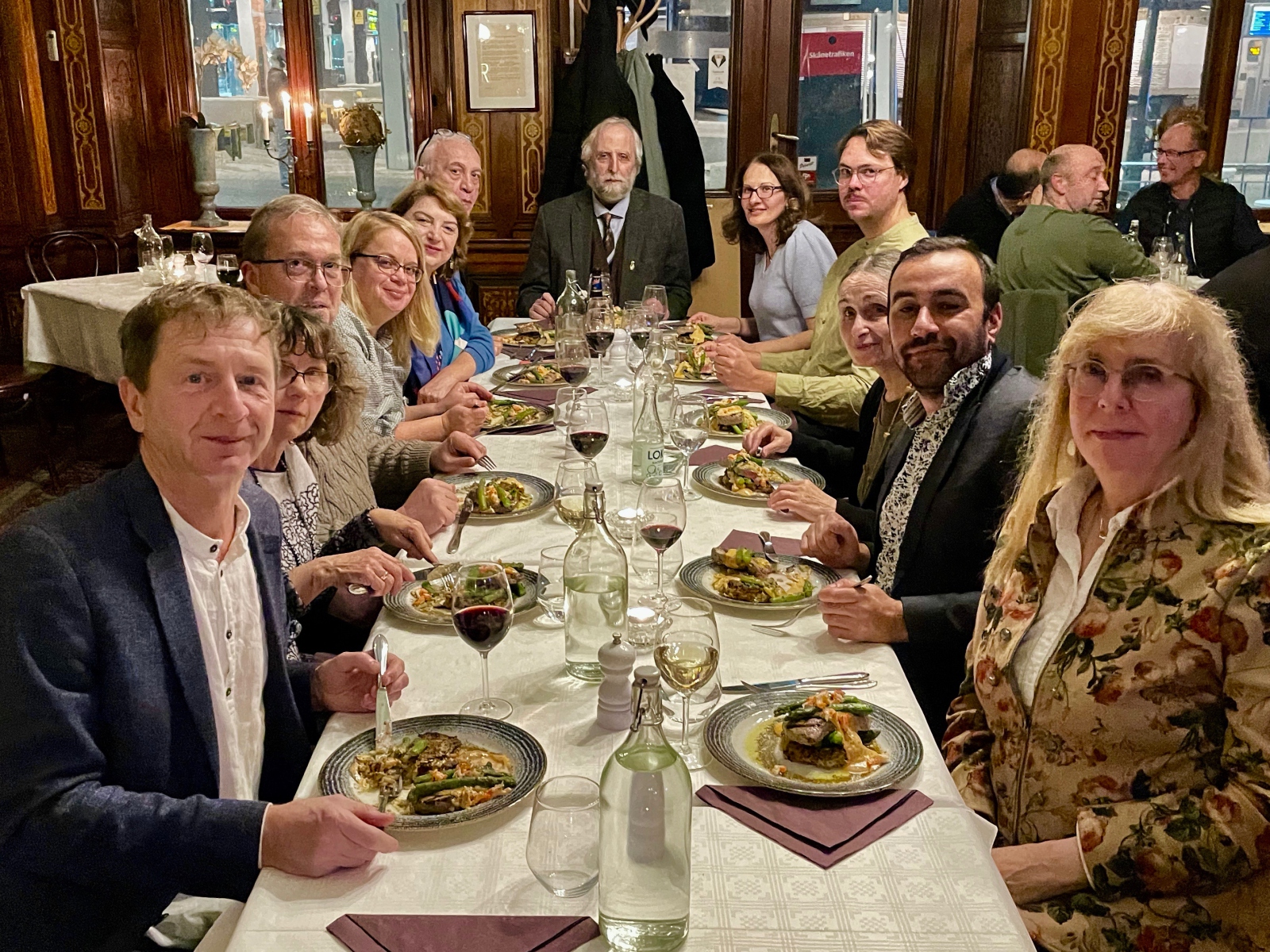

 Welcome to the RUCARR seminar on May 11, 10.00-11.30 with Ass.Prof. Edward Lemon, Bush School of Government and Public Service, Texas A&M University and Dr Oleg Antonov, researcher at Södertörn University and RUCARR, Malmö University.
Welcome to the RUCARR seminar on May 11, 10.00-11.30 with Ass.Prof. Edward Lemon, Bush School of Government and Public Service, Texas A&M University and Dr Oleg Antonov, researcher at Södertörn University and RUCARR, Malmö University.